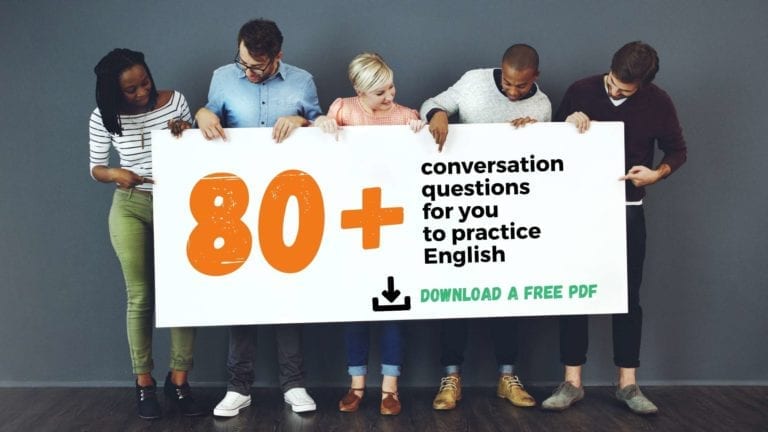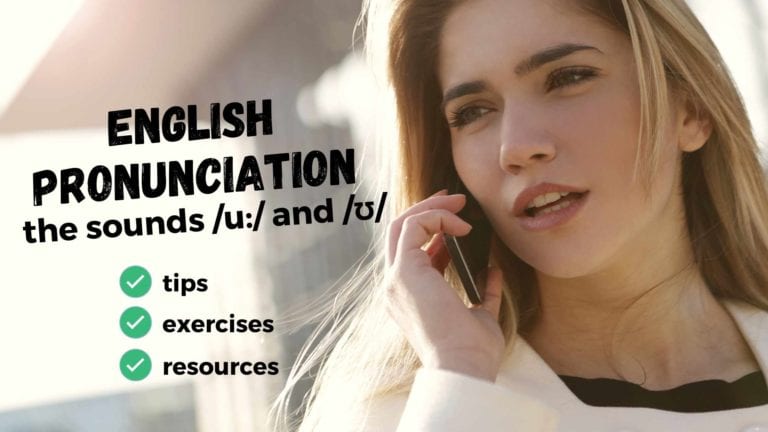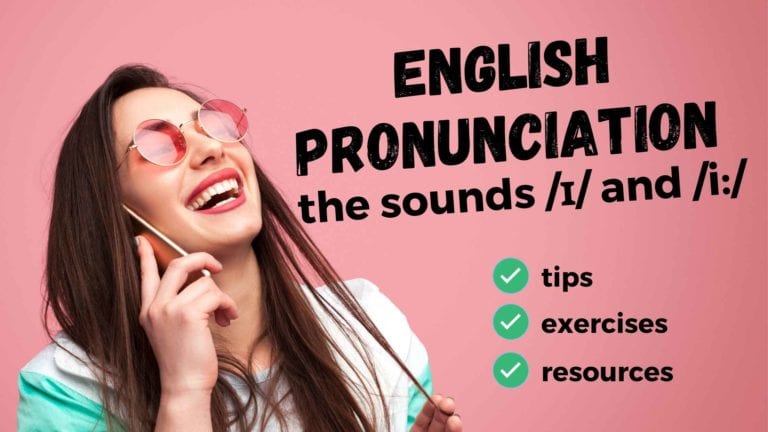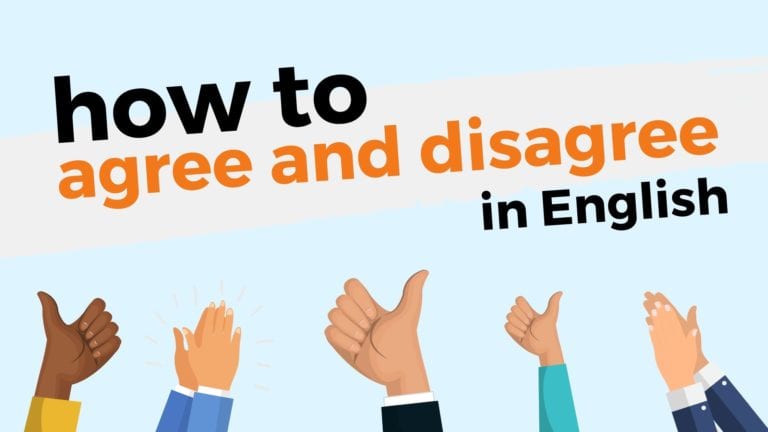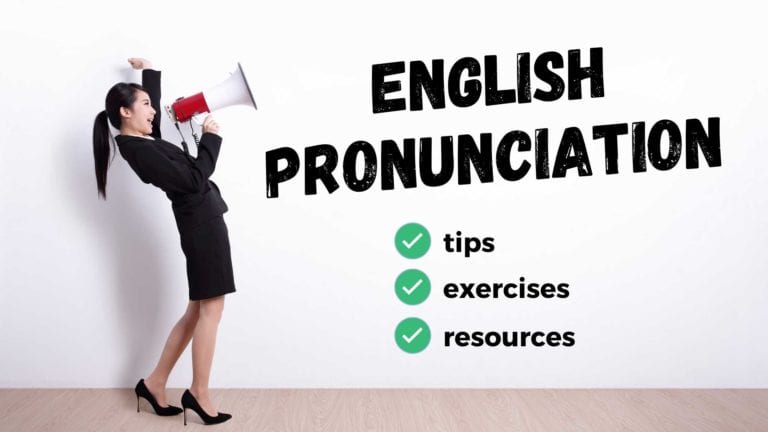80+ Conversation Questions for You to Practice English
You know that the best way to practice conversational English is by talking to other people. However, it can be difficult sometimes to come up with questions to start a conversation with a friend in English. You don’t have to worry about that anymore! We have selected some questions that you can ask your friends…

